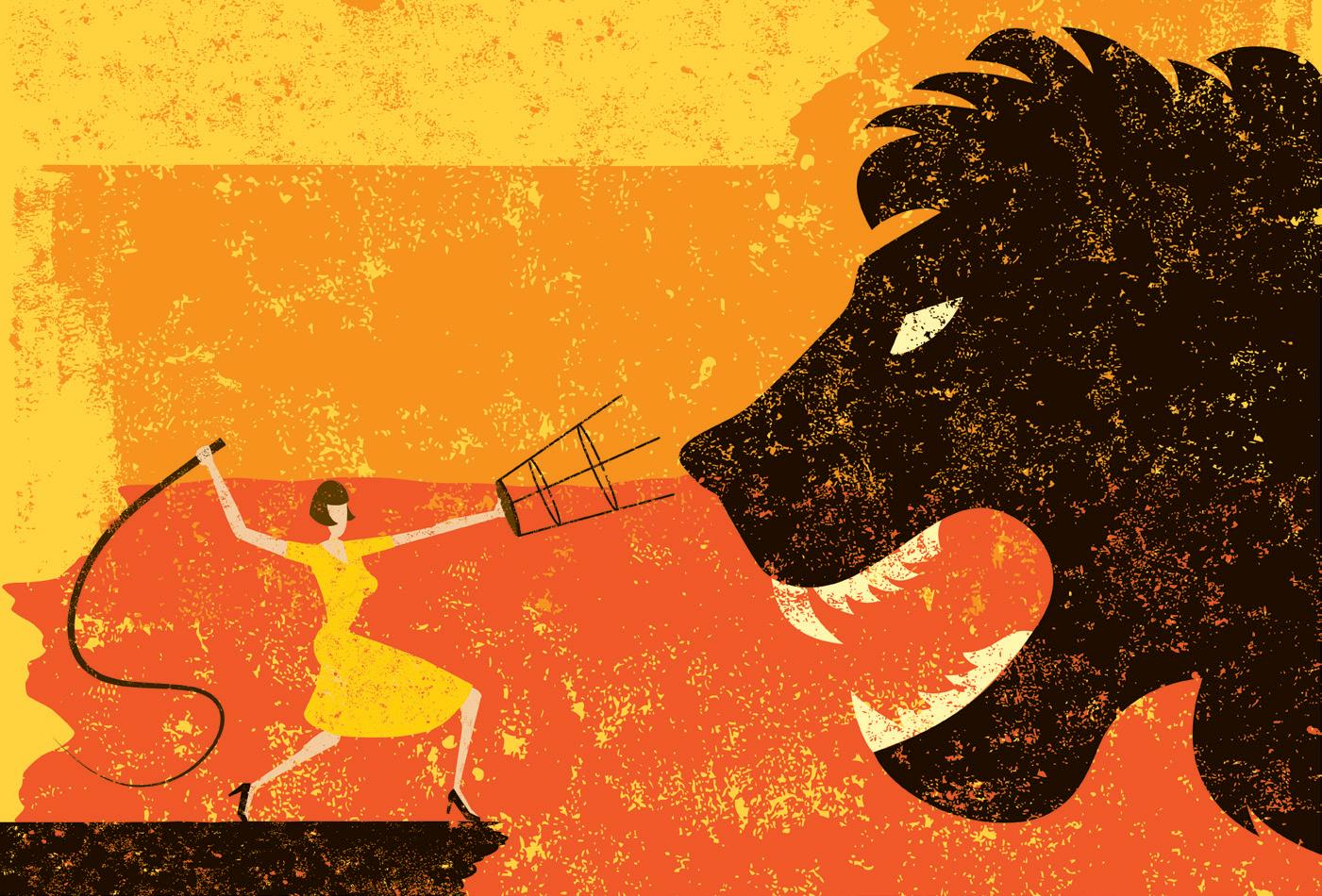
3 minute read
Wholeness
Taming the Lion: A Response to Stress
Hungarian scientist Hans Selye (1907–1982) has the distinct honor of being called the father of stress. In the 1940s, he coined the term “stress”— then mostly used in physics to describe force exerted on an object—to explain what humans experience under external demands. He later clarified that there are two types of stress: distress, the kind we feel when experiencing pain, sorrow, nervousness or suffering, and eustress, the kind that encourages resilience and helps us accomplish things we might not otherwise achieve.
Distress is a growing problem in the United States and in the Church, wreaking havoc on our emotional, physical and spiritual health. Research published in Management Science in 2016 estimates that approximately 120,000 deaths each year in the United States can be attributed to workplace stress. In addition, $190 billion is spent treating stress-related conditions, and Americans spend approximately $14 billion annually on coping mechanisms.
What’s behind the pain so many church leaders experience? Are we doomed to suffer from stress, or does God offer us a better way?
One of the most important truths about stress is that the stories we tell ourselves are often greater stressors than the situations themselves. In other words, the lion standing in front of us is not the real problem—how we perceive the lion is.
In his Gospel, John shares Jesus’ words: “Peace I leave with you; my peace I give you. I do not give to you as the world gives. Do not let your hearts be troubled and do not be afraid” (John 14:27). God understands the value of peace—not just in our circumstances but in our minds and hearts.
This concept—that our thoughts can influence our emotional responses—is one mental health professionals are now embracing through cognitive behavioral therapy. Yet Scripture has pointed us in this direction for centuries.
A similar insight was shared by neurologist and Holocaust survivor Viktor Frankl in his book Man’s Search for Meaning: “Between stimulus and response there is a space. In that space is our power to choose our response. In our response lies our growth and our freedom.” His words reflect a deep truth: we are not powerless. We can choose how we react.
The apostle Paul echoes this idea in his letter to the Philippians: “Do not be anxious about anything, but in every situation, by prayer and petition, with thanksgiving, present your requests to God. And the peace of God, which transcends all understanding, will guard your hearts and your minds in Christ Jesus” (Philippians 4:6–7).
God gets us. He has given us the sacred option to choose how we respond to the demands around us. To the degree that we invite Him into that space between stimulus and response, He can guide our thoughts—and that divine action can bring us a peace this world cannot understand.
By J. Art Camacho, D.S.W., El Paso VA Medical Center Health Behavior Coordinator







